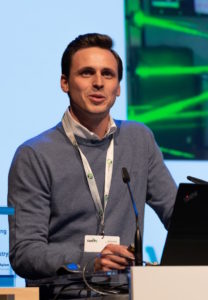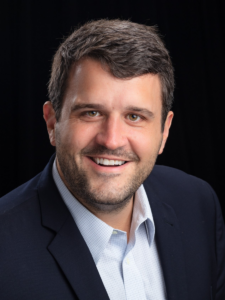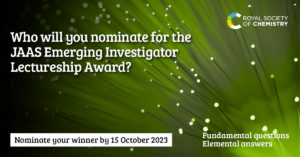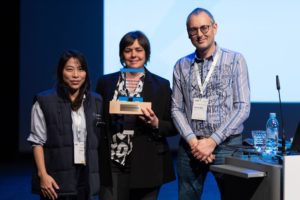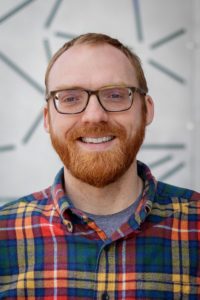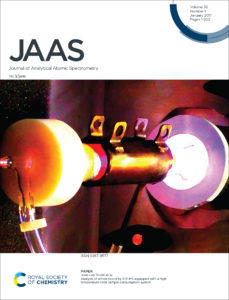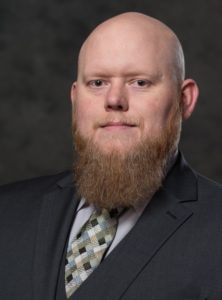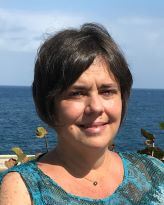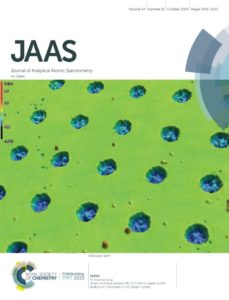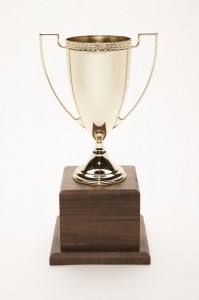We are delighted to announce Thibaut Van Acker as the recipient of the JAAS Emerging Investigator Lectureship 2024. This Lectureship aims to recognise and support an emerging scientist working in the area of atomic spectrometry in the early stages of their independent career.
Introducing Thibaut Van Acker, Ghent University, Belgium:
Thibaut Van Acker is a postdoctoral research fellow of the Research Foundation Flanders (FWO) in the Atomic & Mass Spectrometry – A&MS research unit of Ghent University, led by Prof. Frank Vanhaecke, and a visiting postdoctoral researcher at The Günther Group – Trace Element and Micro Analysis group (ETH Zürich). His research is focused on both fundamental aspects of laser ablation – ICP-mass spectrometry and analytical method development to explore the capabilities of the technique for high spatial resolution elemental mapping applications in challenging interdisciplinary contexts. Based on a number of hardware improvements, Thibaut has brought elemental mapping – i.e. the revelation of the 2- and even 3-dimensional distribution of elements across a sample – to another level. This can currently be accomplished at a pixel acquisition rate up to 1,000 Hz and a laser spot size down to 1 μm. So far, Thibaut is (co-)author of 32 publications in peer-reviewed international journals and his work has been presented in > 70 lectures and posters on international conferences.
He was awarded the 2023 European Rising Star Award for Plasma Spectrochemistry at the European Winter Conference on Plasma Spectrochemistry in Ljubljana, Slovenia and recently, organized the 16th edition of the European Workshop on Laser Ablation (EWLA) in Ghent, Belgium with over 190 participants from 26 different countries worldwide.


